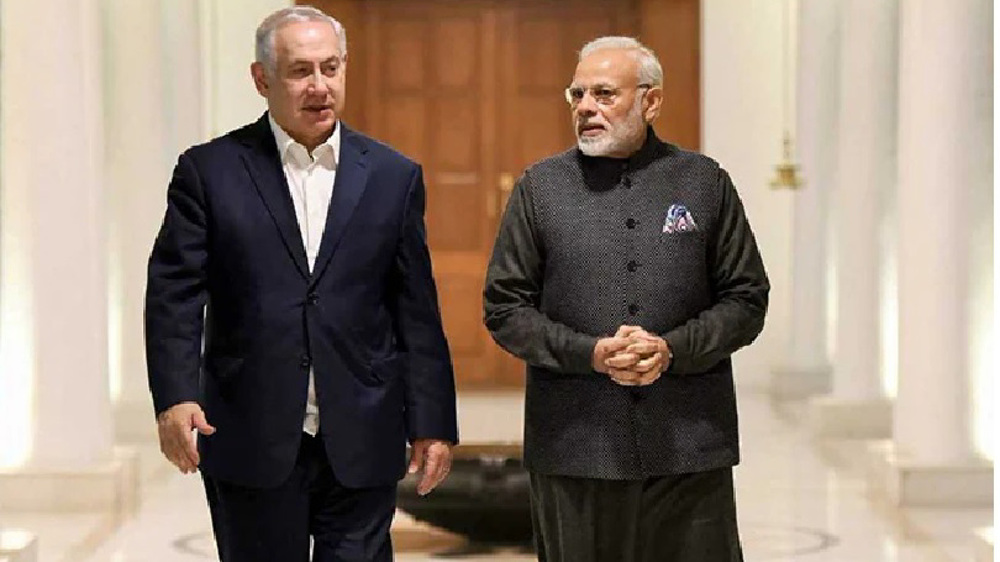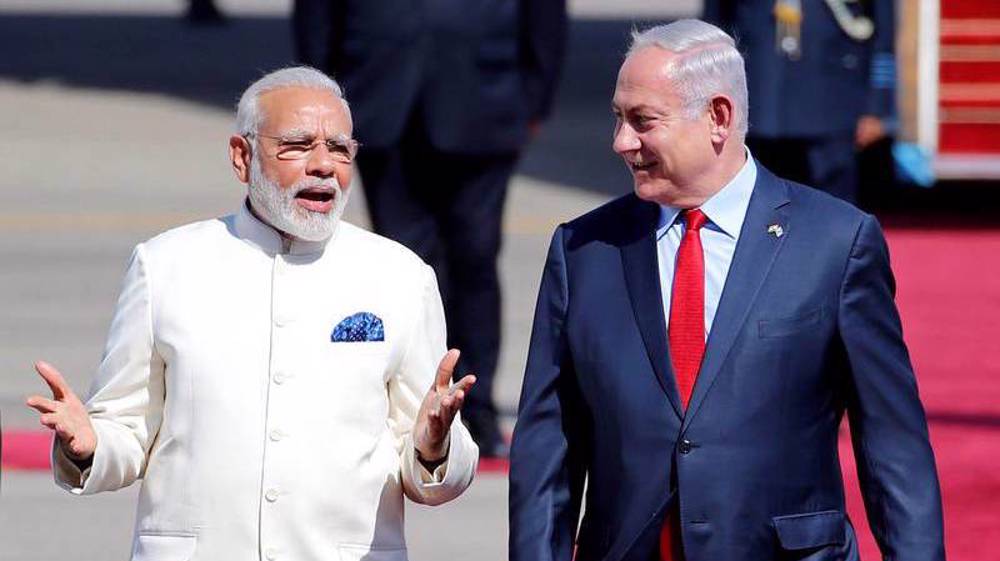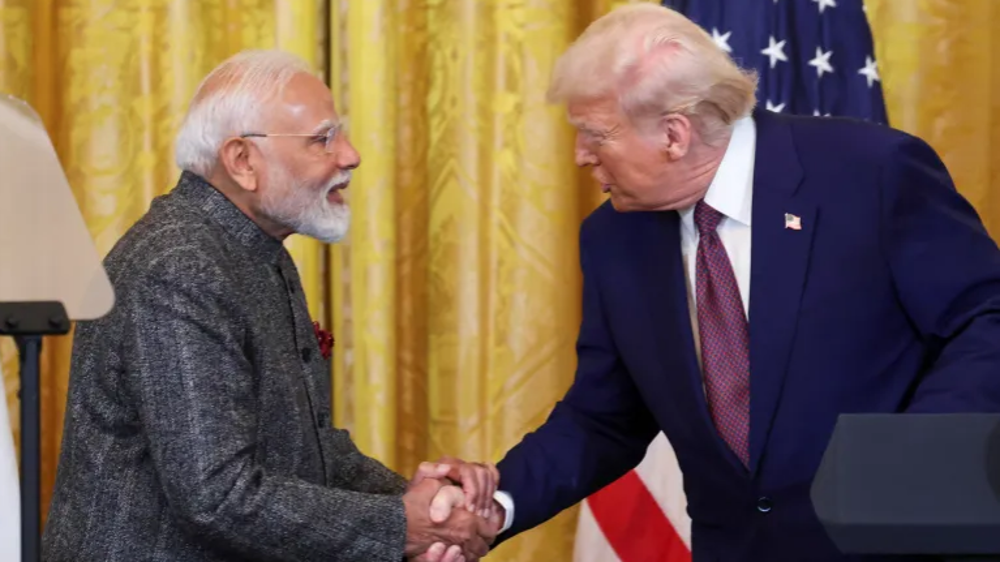India citizenship bill targeting Muslims
Munawar Zaman
Press TV, New Delhi
India is known as a secular and the world’s largest democracy. The country has hosted persecuted refugees from countries such as Tibet, Sri Lanka, Afghanistan, Pakistan, Bangladesh and Myanmar for decades, but now refugees in the country are being granted asylum based on their faith. Since the ruling BJP came to power in 2014, it promised to throw what is calls “illegal immigrants or termites” out of the country.
India introduced the Citizenship Amendment Bill in 2016 with the aim of identifying what it calls genuine Indian citizens while declaring anyone without valid papers, illegal or stateless. The bill has become one of the most controversial issues across the country. Many say the ruling BJP is using the citizenship issue to target a particular community. In August, India excluded some two million people mainly Muslims from the citizenship list in the state of Assam and now the ruling BJP plans to replicate it across the country.
Critics accuse the BJP of undermining India’s secular fabric or the constitution after the party said it would amend the citizenship law to protect Hindus excluded from the citizenship list. The citizenship amendment bill, if passed, will grant citizenship to religious group such as Hindus, Sikhs, and Buddhists from neighboring countries, but not to Muslims including Bangladeshi immigrants and Rohingya refugees.
The bill has been stalled in parliament for now, but it is expected to be introduced again in the winter session which is set to begin on November 18. Activists have criticized the government’s move as biased, saying it is a deliberate effort to target the Muslim minority and part of the ruling party's electioneering.
Hamas condemns Netanyahu’s proposal for new regional alliance
Huckabee mocks Arab League's condemnation of his biblical territorial remarks
VIDEO | Trump tariff setback
VIDEO | Press TV's news headlines
VIDEO | Iran will not 'capitulate' since it has military surprises for US
China overtakes US as Germany’s top trading partner
VIDEO | Displaced Gazans struggle to find clean water amid Ramadan
VIDEO | Pakistan strikes militant camps along Afghan border after suicide bombings









 This makes it easy to access the Press TV website
This makes it easy to access the Press TV website